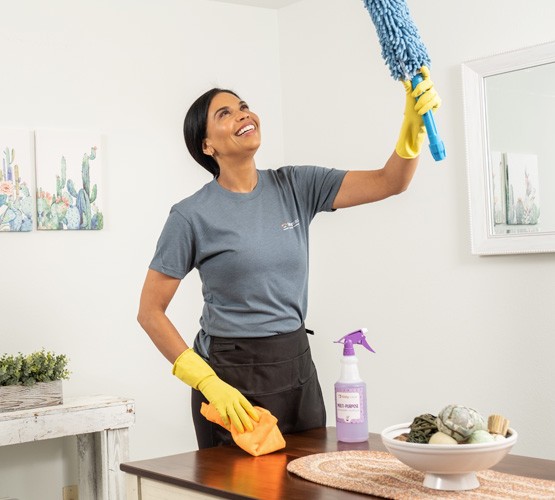Tidy Casa : 7 Data-Backed Habits for a Cleaner Home
New data implies that homes in the united states are trading more amount of time in washing and organization than actually before. Surveys done in 2024 indicate that over 68% of people experience that a tidycasa.com affects psychological well-being and productivity. The correlation between prepared areas and paid off strain degrees is becoming a main stage for life style analysts. Examination of cleaning designs highlights that kitchens and living places are prioritized, with 82% of respondents stating why these areas must certanly be sparkling at all times. Bathrooms follow strongly behind, with 74% reporting regular deep-cleaning routines. Apparently, the bedroom, frequently regarded a private refuge, ranks decrease on cleaning frequency, with only 55% maintaining a strict schedule.

Data from wise home devices further reveals behavioral styles in cleaning. Homes built with automatic vacuums report a thirty days decrease in time allocated to ground maintenance. Meanwhile, traditional practices, including guide dusting and vacuuming, however rule 62% of households. This shows a growing development in hybrid methods, combining technology with conventional routines. Interviewed households also report a clear choice for decluttering as an integral part of normal cleaning. Statistics suggest that 59% of individuals participate in regular firm responsibilities, including selecting closets, reorganizing cabinets, and discarding needless items. Researchers declare that visible orderliness plays a role in improved drive and a sense of get a handle on in daily life. Washing solution choices are yet another intriguing trend. Eco-friendly and multipurpose answers have surged in reputation, with income rising by 48% within the last two years. Respondents cite health and environmental advantages as key motivators. Furthermore, families hiring color-coded cleaning schedules or designated locations see a 25% higher reliability in maintenance.

Time management remains a substantial aspect in house cleaning. Information from time-use reports suggests that assigning specific cleaning windows, as opposed to ad-hoc sessions, increases efficiency by 33%. Families that apply checklists and daily routines constantly record higher satisfaction with their residing environments. Overall, mathematical developments show that modern home cleaning is not only about hygiene—it is connected with lifestyle, psychological health, and productivity. Families that grasp organized workouts, power engineering, and prioritize decluttering record not only cleaner rooms but in addition improved over all well-being. As cleaning behaviors continue to evolve, these insights spotlight practical techniques for sustaining a pristine and prepared home in today's fast-paced world.